Chloroquine Phosphate is not a specific treatment but definitely helps recovery
Chloroquine Phosphate cannot be considered a specific treatment, but is worthy of more research, according to Zhong Nanshan, an academic and expert in respiratory diseases. Although it proved effective against coronavirus during earlier research conducted in Belgium and the U.S., it hadn’t undergone clinical trials on humans. There are not many side-effects if it is used for a short period of time.
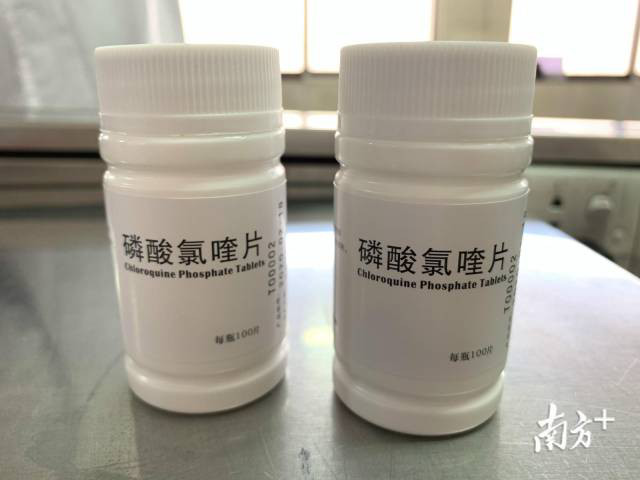
Pets have not been found to spread COVID-19
The latest research has shown that there are over 50 kinds of coronavirus which can infect a wide range of animals, while only seven among those can infect humans. As of now, no cases have been reported of cross species infection.
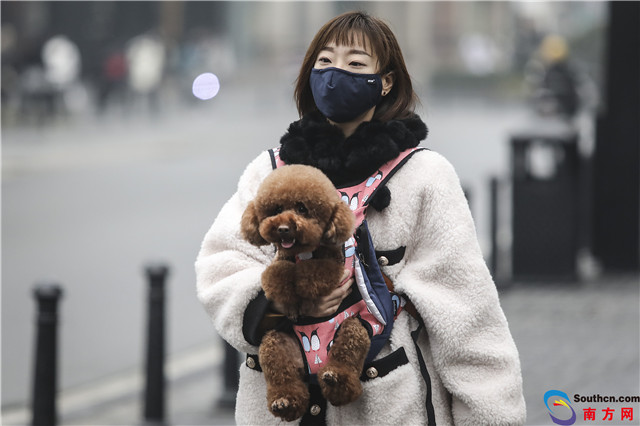
(Photo: A Wen)
It is vital to keep waste pipes unobstructed
Chinese research teams have isolated coronavirus strains from the samples of infected patients’ feces. The virus may not spread via the digestive system, but if the contaminants carrying the virus in the pipe become dry and leak into the air, it may cause infection.
There is no need to disinfect the soles of your shoes
Even though droplets carrying the virus might sink to the ground and come into contact with our shoes, there will be a very minuscule concentration. Therefore, you can just keep your shoes generally clean and avoid wearing them in the house.
Wipe your phone with antiseptic wipes after going out
It is a good idea to disinfect your phone if you have used it outside your house. You can use 75% ethanol or other kinds of antiseptic wipes to clean it and kill germs.
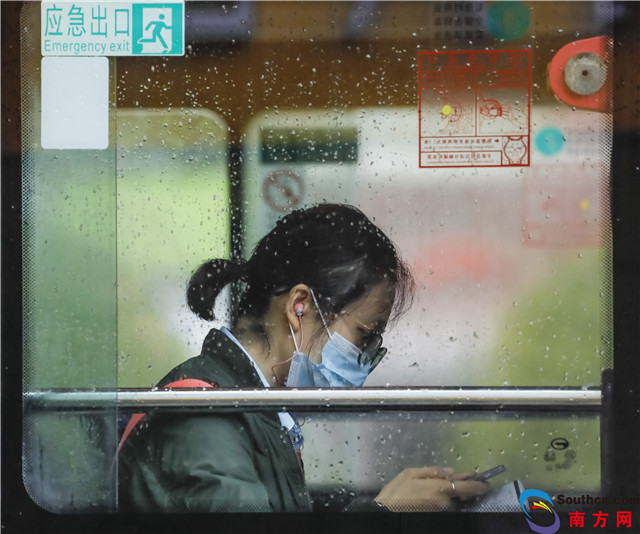
(Photo: Zhang Guanjun)
Vegetables and meats are unlikely to carry COVID-19
Though COVID-19 is unlikely to spread through vegetables, meats and fruits, they should be cleaned in running water and then thoroughly cooked. Washing hands properly is an effective enough way to prevent COVID-19 infection via the digestive system.
Air purifiers cannot filter viruses
Air purifiers are designed to absorb pollutants in the air such as dust and smog particles, but they cannot kill nor filter out viruses or other pathogenic microbes.
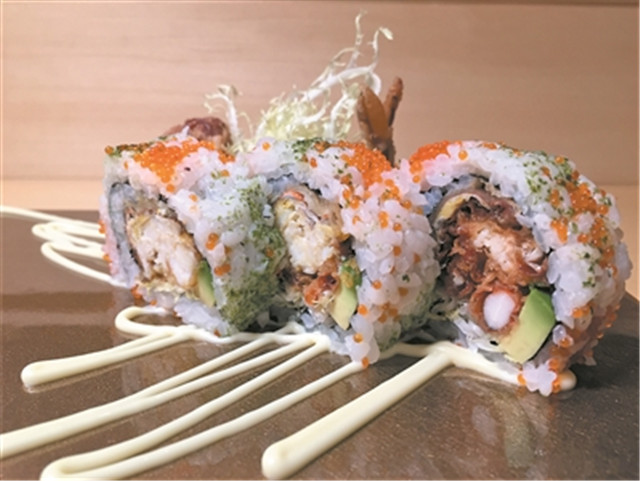
(Photo: Long Chengtong/Guangzhou Daily)
Cold dishes, sushi, stir-fried dishes with eggs should be avoided when ordering foods
When eating out or ordering food at home, cold, raw foods and dishes with eggs, which might not be thoroughly cooked are better avoided. Individuals are also suggested not to order high-risk foods such as tenderly boiled chicken and sushi. Always make sure your food is heated thoroughly and consumed within four hours.
People with a temperature and cough are still forbidden to take public transport
During the epidemic, people with fever and cough are strictly forbidden to use public transport.
Only seated tickets being sold on the railways
China railways are presently not selling standing tickets, selling tickets for separate seats only during the epidemic period. Passenger load will be controlled at about 50%. There will also be a temporary isolation zone set up on each train.
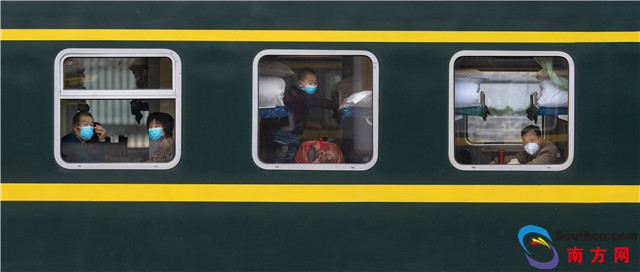
(Photo: Xiao Xiong)
Confirmed and suspected patients must not wear masks with respirators
The respirators on masks use a single-way filtering system. Masks with respirators have no filtering layers for exhaled air, which in an infected patient, risks spreading the virus.
Recovered patients can donate plasma two weeks after recovery
Donating plasma will not affect recovered patients. Patients are suggested to make a plasma donation two weeks after their recovery when the virus will have been completely eliminated from their body.
Authors: Monica Liu, Zoey Huang (intern)
Editors: Simon Haywood, Nan Hu




